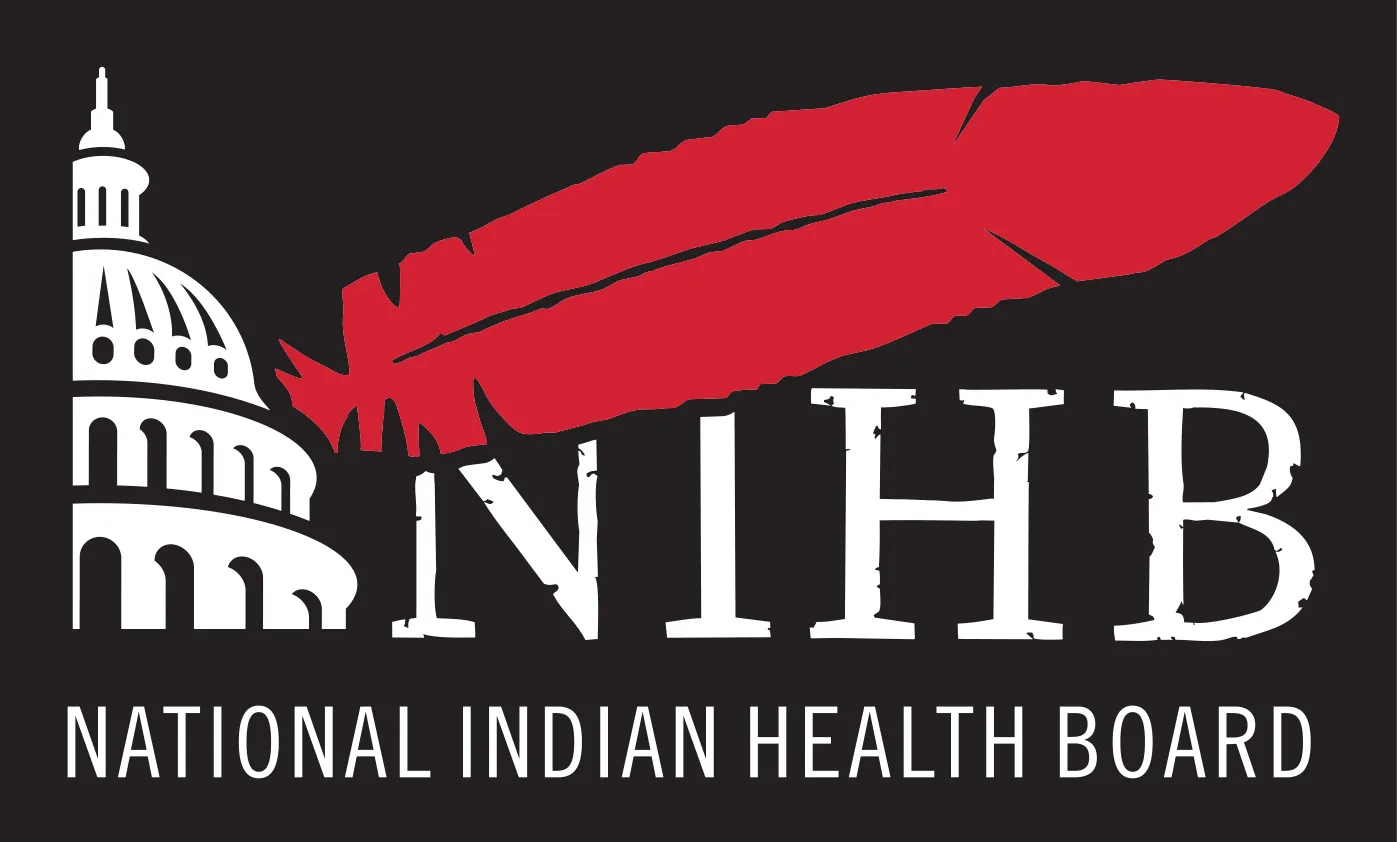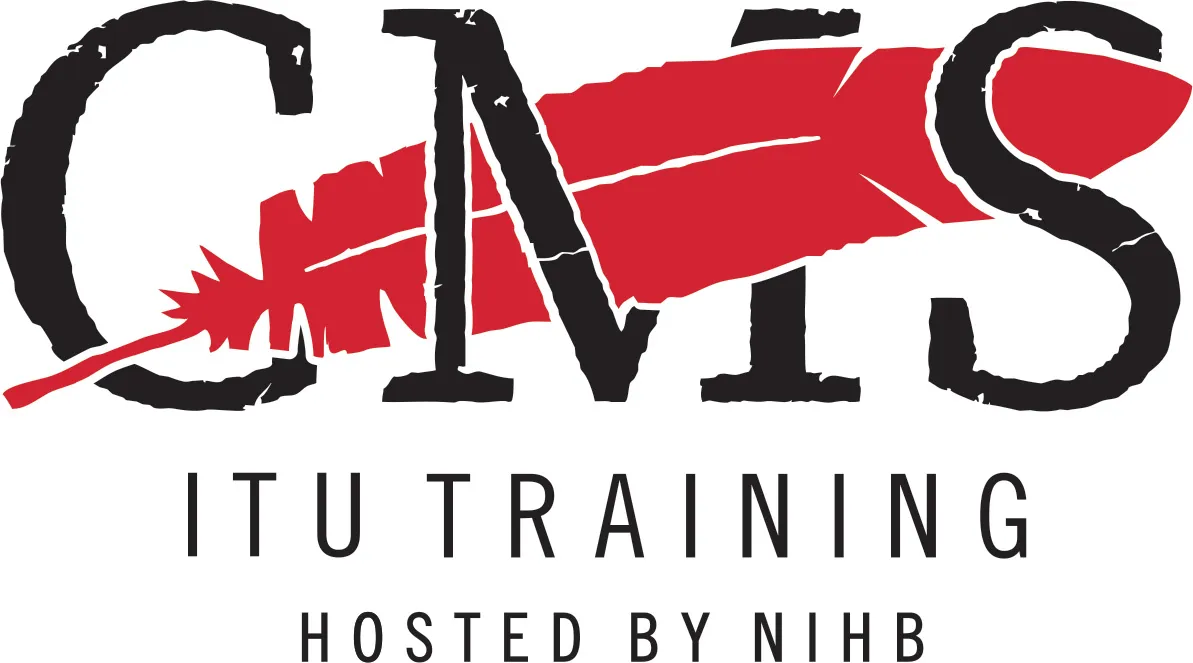The Trump Administration’s Fiscal Year 2026 (FY26) budget proposal outlines sweeping changes to the Department of Health and Human Services (HHS), including the creation of new agencies, elimination of critical Tribal health programs, and the restructuring of others. The National Indian Health Board (NIHB) has reviewed the proposed changes and offers the following summary of the key impacts on Tribal Nations and communities.
Administration for a Healthy America (AHA)
The Fiscal Year 2026 (FY26) President’s Budget creates a new agency within the Department of Health and Human Services, called the Administration for Healthy America (AHA). This agency will consolidate programs from the Health Resources and Services Administration (HRSA), Substance Abuse and Mental Health Administration (SAMHSA), Office of the Assistant Secretary for Health (OASH), along with several other HHS programs. Many Tribal programs, including mental and behavioral health, maternal health, primary care, HIV treatment and prevention, and the Office of Minority Health would be transferred to this agency. The Administration requests $20.6 billion in total funding for AHA, including $14.1 billion in discretionary funding and $6.5 billion in mandatory funding and other sources.
For FY26, the AHA budget includes $80 million for the Behavioral Health and Substance Use Disorder for Native Americans program, which was authorized by Congress in 2022, but has never been appropriated. Although the Administration requests funding for this program, the President’s Budget simultaneously proposes to eliminate approximately $128 million in Tribal set-aside funding for mental and behavioral health funding. Some of these cuts include, $60 million from the Tribal Opioid Response Grants, $22.75 million from Tribal Behavioral Health Grants, $23.665 from Tribal Behavioral Grants for Substance Abuse treatment, $14.5 million from Medication-Assisted Treatment for Prescription and Opioid Addiction, and $3.4 million Tribal set-aside for the Zero Suicide program.
For FY26, the AHA budget proposes a new Prevention Innovation (PI) program, which provides communities with new and practical ways to support the goals of the Administration to Make America Healthy Again (MAHA). It will address the root causes of America’s escalating health crises, focusing on maternal health delivery gaps and chronic conditions that lead to poorer health outcomes in rural areas. This request supports three tracks: one for maternal health, one for chronic disease, and one for Tribes (where applicants could support programs in either maternal health or chronic disease). The request includes a $19 million set-aside for the Tribal track, for Tribes, Tribal organizations, urban Indian health organizations, and health service providers to Tribes working in rural areas with high rates of chronic disease and maternal health disparities.
AHA will also administer most maternal health programs. This includes $767.3 million for the Maternal and Child Health Block Grants and $613 million for the Maternal, Infant and Early Childhood Home Visiting (MIECHV) program. As required by statute, 6% of the MIECHV funding is reserved for Tribes, Tribal organizations, and urban Indian organizations.
The Office of Minority Health (OMH), which was previously under OASH, will now be part of AHA. The budget requests $45 million for OMH, which is a $29.8 million reduction from FY25.
AHA will also administer HIV/AIDS treatment and prevention funding. This includes the Ryan White HIV/AIDS Program, the Ending the HIV Epidemic in the U.S., and additional collaborative efforts. The proposed budget requests flat funding for most HIV programs, while also cutting some critical HIV programs. The proposal eliminates the Minority HIV/AIDS Fund ($60 million) which served American Indian and Alaska Native (AI/AN) communities, providing more than $14 million in FY 2025 alone.
Programs eliminated under AHA, include Healthy Start, Racial and Ethnic Approaches to Community Health (REACH), Good Health and Wellness in Indian Country (GHIWIC), Tribal Behavioral Health grants (see above), and the Center for Indigenous Innovation and Health Equity (CIIHE), which previously provided $4 million and included funding for a Tribal Advisory Committee. The Healthy Tribes program, including GHIWIC, supported approximately $35.9 million annually to Tribes and Tribal Epidemiology Centers. The President’s FY26 Budget Proposal eliminates at least $102 million to Tribal-serving programs under AHA.
Centers for Medicare and Medicaid Services (CMS)
The Centers for Medicare and Medicaid Services (CMS) plays a critical role in fulfilling the federal government’s trust and treaty responsibility to federally recognized Tribes, especially in relation to health care access and support. CMS administers key health coverage programs, including Medicare, Medicaid, and the Children’s Health Insurance Program (CHIP), which are vital sources of health care access for American Indian and AI/AN populations. Medicaid is especially critical, as it also provides a major source of funding for Indian Health Service (IHS), Tribal, and Urban Indian (I/T/U) health programs. Today, roughly 2.7 million AI/AN people are enrolled in Medicaid, with nearly 1 in 2 AI/AN children enrolled in the program. The President’s FY26 Budget maintains discretionary funding to support AI/ANs access to CMS health coverage programs.
Tribal Outreach and Education – $3 million
The FY 26 budget maintains funding at $3 million for the CMS Tribal outreach and education. CMS Tribal outreach and education programming helps remove barriers that prevent AI/ANs from accessing CMS health care programs like Medicaid, Medicare, and CHIP. Enrollment in health care coverage through CMS programs helps reduce health disparities experienced by AI/AN communities, thus improving the health status of AI/ANs.
340B Drug Pricing Program
The 340B Drug Pricing Program will reside within CMS. The 340B Drug Pricing Program FY26 budget request is $12.2 million, the same funding level as FY 2024, which will fulfill statutory obligations and ensure program oversight. CMS will continue efforts to maintain the Office of Pharmacy Affairs Information System (OPAIS) that underpins 340B operations. This will continue to provide technical assistance to grantees and covered entities, performing eligibility checks and annual recertifications, and audits.
Centers for Disease Control and Prevention (CDC)
The proposed reorganization merges the Administration for Strategic Preparedness and Response (ASPR) with the CDC, consolidating key public health functions. Several CDC programs have been eliminated, including the Strengthening Public Health Systems and Services in Indian Country, Healthy Tribes, Safe Motherhood and Infant Health, and the Racial and Ethnic Approaches to Community Health (REACH). The elimination of these programs will have implications for Tribal public health capacity.
Despite the restructuring, funding for the Public Health Workforce is maintained, ensuring continued support for the placement of Commissioned Corps officers in IHS and Tribal health facilities. Additionally, funding for the Surveillance, Epidemiology and Informatics is maintained, sustaining the National Syndromic Surveillance Program (NSSP), the Electronic Case Reporting (eCR) program, and the National Notifiable Disease Surveillance System (NNDSS).
National Institutes of Health (NIH)
The National Institutes of Health proposes $27.9 billion for research efforts across the Institutes. In addition to several funding cuts across Institutes, the request also proposes the elimination of five programs; including, the National Institute on Minority Health and Health Disparities ($534.4 million), National Institute of Nursing Research ($197.7 million), National Center for Complementary and Integrative Health ($170.4 million), Fogarty International Center ($95.2 million), and Office of the Director, Extramural Construction Grants for Biomedical Research Facilities ($80 million). The Native Collective Research Effort to Enhance Wellness (N CREW) Program will continue to be funded and supported by NIH.
While the Tribal Health Research Office was not eliminated at NIH, there were concerning decreases in funding and full-time equivalents in the Office of the Director (OD). The budget authority for the OD was decreased by $952.36 million, essentially cutting this budget in half. Additionally, 196 full-time equivalents would be cut. It is unclear the exact impact these cuts will have on Tribal research resources, but there will likely be a substantial impact on the Tribal Health Research Office’s ability to engage in meaningful work.
Administration for Children, Families, and Communities (ACFC)
The Administration for Children, Families, and Communities (ACFC) combines the Administration for Children and Families and the Administration for Community Living. The FY26 budget for ACFC assumes $68.8 billion in budget authority, a decrease of $6.4 billion from the FY25 enacted level. The Administration has proposed maintaining FY25 funding levels for the Head Start program. However, several critical programs serving Tribal Nations face reductions in FY26. The Low-Income Home Energy Assistance Program (LIHEAP) Formula Grants for Indian Tribes are eliminated, representing a $45.6 million decrease from FY25. Similarly, the Community Services Block Grant Formula Grants for Indian Tribes are eliminated, resulting in a $6.7 million reduction from FY25.
Meanwhile, funding for the Family Violence Prevention and Services (FVPS) Grant for Indian Tribes is maintained at $27.7 million. The Child Care and Development Block Grant for Indian Tribes is slightly reduced to approximately $498.5 million, down nearly $1 million from the previous fiscal year. The Promoting Safe and Stable Families program sees a modest increase of $82,496, bringing its total to $1.87 million, and the Chafee Education and Training Vouchers program increases over $5,000, totaling $42,120. Funding for the Native American Caregivers Support program remains steady at $12,000.
In the area of aging and disability services, funding for Grants for Native Americans is reduced to $38,264—a $1,250 cut from FY24—and the Native American Nutrition and Supportive Services program is reduced by the same amount, also totaling $38,264.
General Departmental Management (GDM)
The HHS reorganization as laid out in the President’s FY 2026 Proposed Budget also proposes to relocate the Office of External and Intergovernmental Affairs Tribal Affairs Section within a new office of a new Assistant Secretary for External Affairs (ASEA). This office supports Tribal Nation engagement with the Secretary through Secretary’s Tribal Advisory Committee, Annual Tribal Budget Consultation, and Regional Annual Tribal Consultation. The ASEA budget is proposed at $36 million dollars for FY 2026, no further details were provided on Tribal Affairs funding proposal.
The Budget Proposal also creates an Office of Strategy for HHS data innovation and analytics, consolidating the Assistant Secretary for Planning and Evaluation (ASPE), the Agency for Healthcare Research and Quality (AHRQ), the National Center for Health Statistics, and the Office of Research Integrity into one organization. One of the goals of the new office is to fulfill the federal trust responsibility by advancing Tribal healthcare data sovereignty, expanding Native-specific healthcare research and surveys, promoting relevant quality measurement, and enabling tribally driven health system improvement through technical assistance and collaborative innovation, and improving the economic and social well-being of Tribal children and families.
The HHS reorganization under the FY 2026 budget proposal envisions significant consolidations for core functions of the Department, including human resources, information technology, finance, communications, and external affairs. This aligns with other completed consolidations, such as HHS regional office closures.
Why it Matters
While the FY26 budget includes new initiatives and reorganizations aimed at streamlining health services, it also proposes alarming cuts to foundational Tribal health programs. These changes could undermine federal obligations to Tribal Nations and risk worsening health disparities in Indian Country. NIHB urges Congress and the Administration to uphold the trust and treaty responsibilities by restoring and protecting funding for Tribal public health and healthcare programs.
Stay updated at nihb.org for continued analysis and advocacy updates on the FY26 budget.




